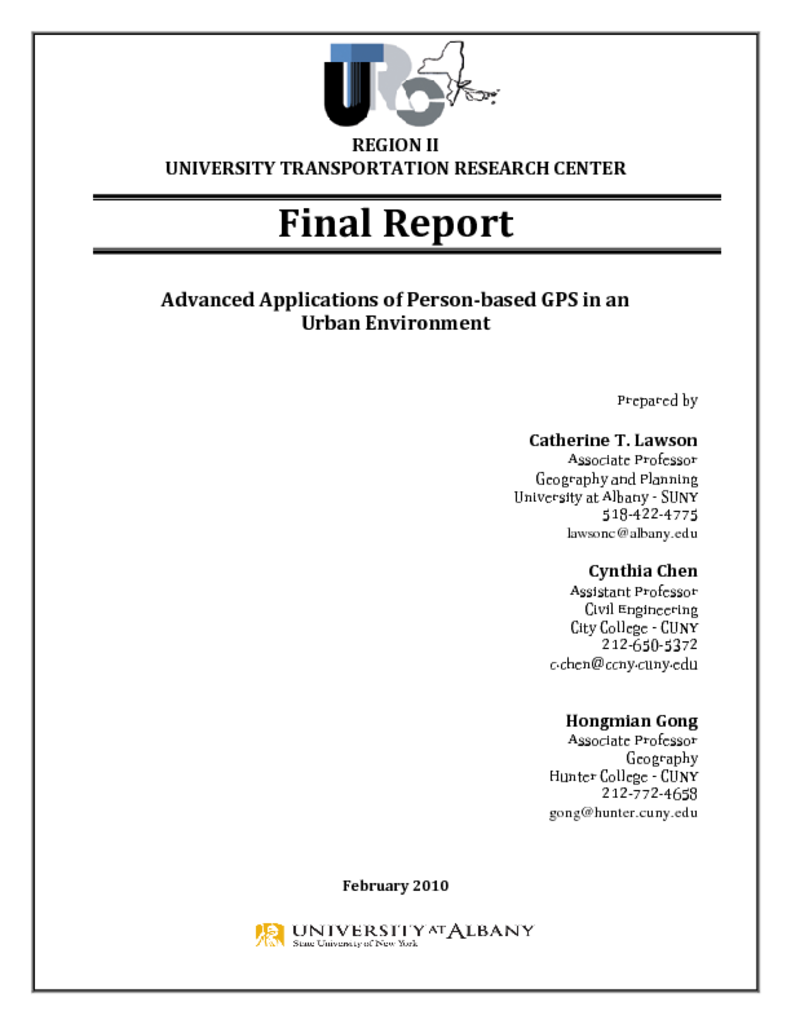Traditional travel surveys provide essential information on travel patterns, but are time-consuming, expensive, and have seen declining rates of participation. Recently global positioning systems (GPS) technologies have been introduced to facilitate the data collection process. While GPS traces can provide accurate information on the location and time of travel, these traces do not contain explicit information on the mode used (e.g., walking, biking, transit or auto). Strategies under consideration for determining the mode, using the GPS trace data, have not been systematically investigated with respect to the needs of practitioners. A review of mode identification strategies reveals a mixed set of results from the three primary methods currently in use. These methods are rule-based, neural networks, and fuzzy logic. This research evaluates these three methods to determine their effectiveness for mode detection, their ease-of-application, and their overall performance. In order to move the concept of using GPS trace data as a substitute for traditional or modified travel surveys -- moving from small sample feasibility studies to agency-level implementation -- there needs to be sufficient evidence that GPS trace data can be handled with ease, and that the promise of reduced respondent and processing burden can be realized.
17.
Publication Category




